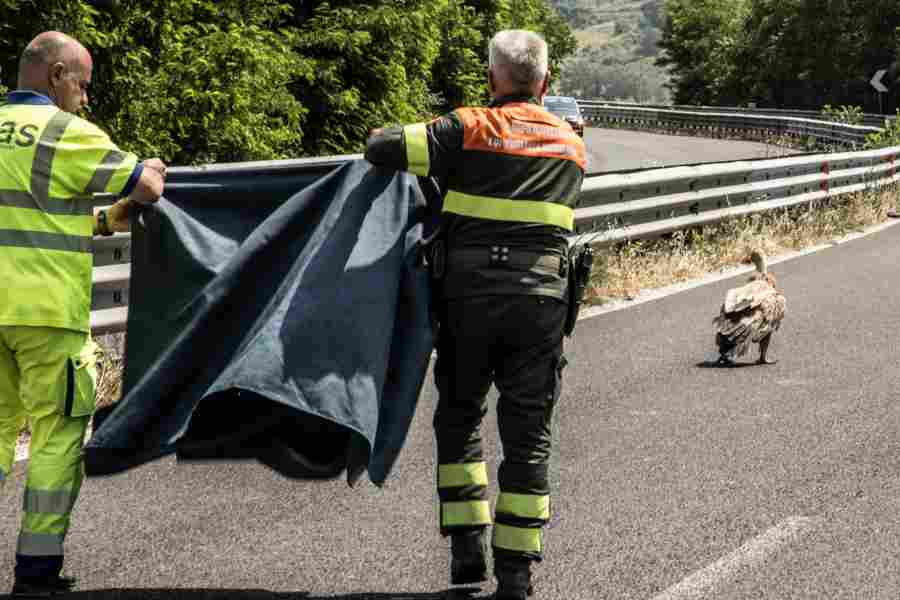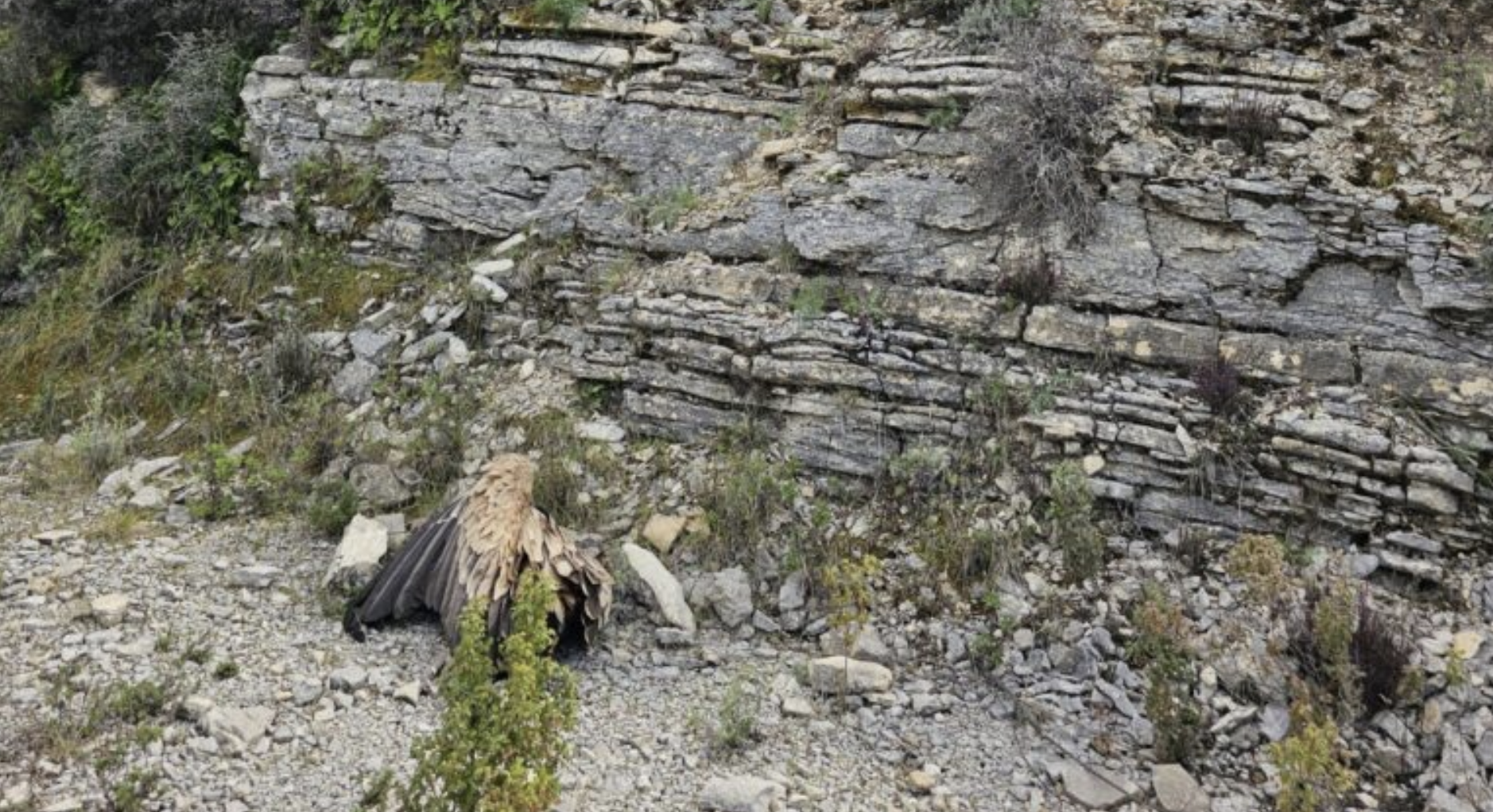
In recent years there have been increasing reports of widespread use of poison impacting wildlife across Africa and Asia. Predators are poisoned in retaliation for depredation on livestock, but often the first victims are vultures, who descend on the poisoned carcass.
The latest mass poisoning incident was reported this Saturday, when at least 20 Himalayan griffon vultures were found dead in a paddyfield at Lahon Gaon, Konwarpur, in the Sivasagar distric in Assam (India). Seven vultures could be rescues by Forest rangers and are under treatment. Last January at least 51 vultures had already been found poisoned in the same district.
The Vulture carcasses have been taken for toxicology analysis by staff from the Centre for Wildlife Rehabilitation and Conservation (CWRC) to determine the type of poison used.
Vultures underwent a catastrophic decline in the Indian sub-continent, due to the use of the veterinary use of diclofenac, an anti-inflammatory drug. Following years of campaigning by environmental activists, a ban on the drug is now in place, and some species are start to recover, but these latest poisoning are a blow to the conservation of the species.
Poisoning – by veterinary drugs like diclofenac or other substances used against predators – is the biggest threat to vultures worldwide. Vultures are keystone species that play vital roles in maintaining ecosystem health. Their removal and depletion have a number of cascading negative ecological effects as well as adverse impacts on human health.
The precipitous decline in three vulture species on the Indian sub-continent over the last 20 years has resulted in a number of problems emerging due to the vultures no longer being able to fulfil their role of removing the carcasses of dead animals from the environment. A proliferation of feral dogs and a substantial increase in diseases such as rabies have been documented and can be linked directly to this decline.
The VCF and its partners have been working on anti-poisoning activities, campaigns and programmes in Europe. Please check the link below for more details.
http://www.4vultures.org/our-work/anti-poisoning/international-workshop-african-vultures-poisoning/



